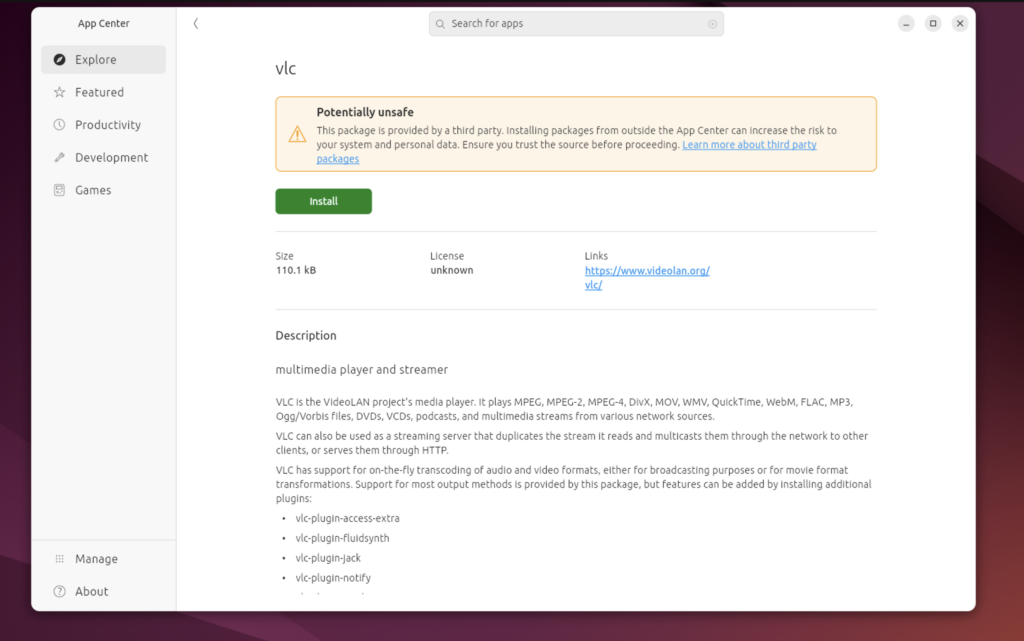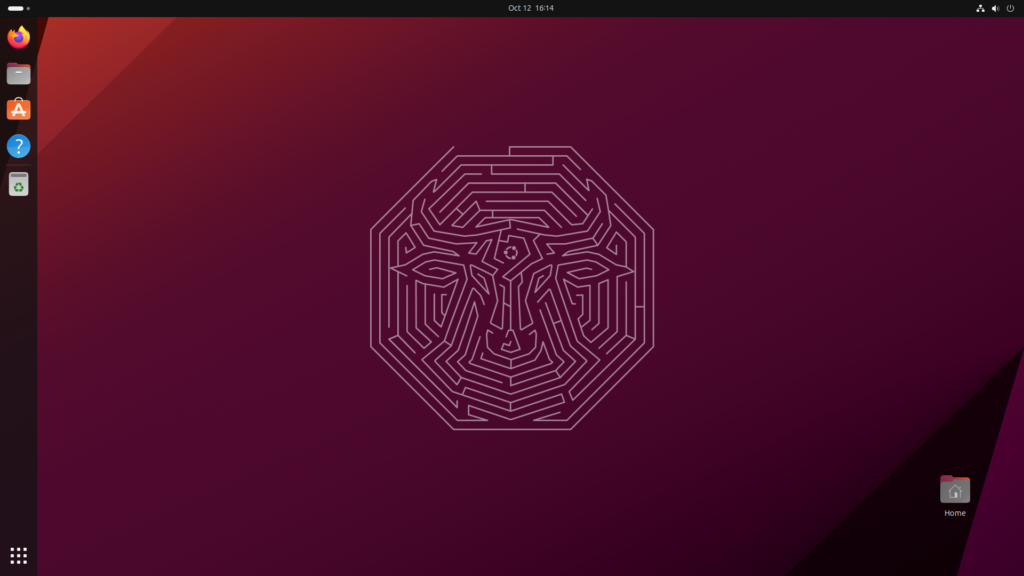
Ubuntu’s App Center Adds DEB Install Support: What This Means for Users
The addition of App Center DEB support is a welcome feature, even though it's still missing a few critical elements like uninstallation and updates for non-repository DEBs.

Understanding ndots in DNS Configurations
In DNS configurations, ndots determine how domain names are processed based on the number of dots (.) they contain.

How to Change Default Run Target on Linux
Run, or systemd targets define the system's state during different stages of operation. Learn how to change the default Run Target on Linux.

Ubuntu 23.10 “Mantic Minotaur” End-of-Life: Time to Upgrade!
If you’re still using Ubuntu 23.10 "Mantic Minotaur," which reached end-of-life, it’s time to upgrade to Ubuntu 24.04 "Noble Numbat."

Installing Multiple Versions of Python on Ubuntu
Learn to install and manage multiple versions of Python on Ubuntu using `pyenv` and `update-alternatives` methods.

Boot Linux from Google Drive: A Developer’s Success
In a groundbreaking development, a tech-savvy developer, Ersei, has successfully booted a Linux OS directly from Google Drive.

Disable MySQL Command History – Why and How?
Ensure your MySQL environment is secure. Learn why and how to disable MySQL command history to protect sensitive data.

Troubleshoot `tr` command “Illegal Byte Sequence” Error in Linux
when it encounters an invalid or unexpected byte sequence, it throws an “Illegal byte sequence” error.

Print MySQL Output Without Headers or Column Separators
Print MySQL output without headers or column separators using the MySQL command-line client using -N, -e, --silent, and --batch options
